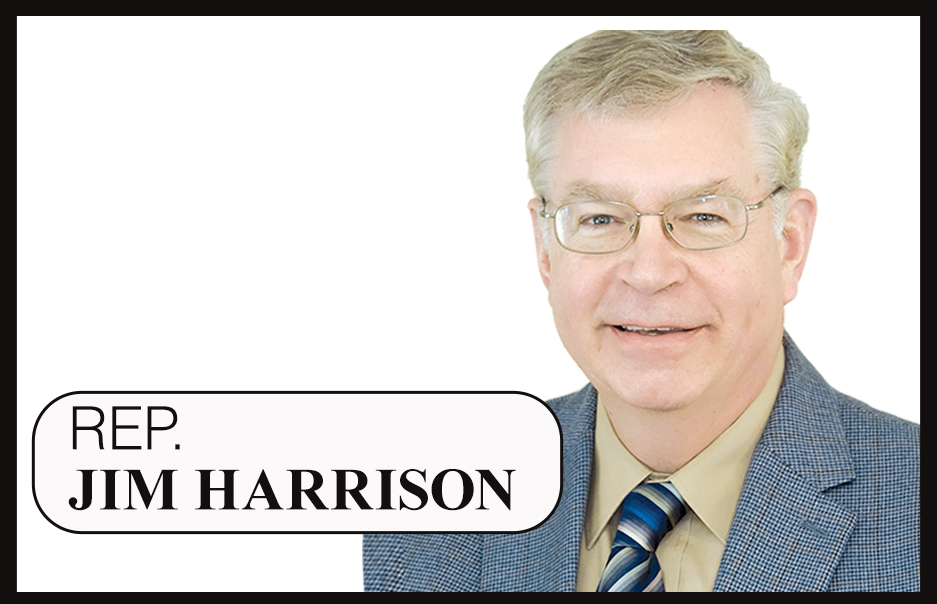By the end of the week, it was clear that the Senate was moving on a different track from the House and the governor on a couple of major bills. It’s the beginning of some strong winds, not necessarily in the same direction.
At his weekly press conference on Wednesday, Scott made it clear that the Senate Appropriations Committee was moving further away from his position on spending with its version of the state budget bill. The Senate committee version increased spending and added at least 10 new positions over the House budget version. And this comes when there is a backdrop of uncertainty in federal funds or grants coming to the state. As a member of the House Appropriations Committee, I couldn’t resist the opportunity to kiddingly refer to one of my Republican colleagues on the Senate committee as “Big Government Joe” in reference to their more expansive spending plan.
At the same time, the Senate Education Committee appeared to be moving closer to the governor’s version of education reform efforts and away from the spread-out timeline in the House version. It’s too early to know where the committee will end up on reform efforts, but right now, they are giving the appearance of moving in a different direction than Senate Appropriations is on the budget plan for the state. You can almost feel the crosswinds in the State House.
Other issues of interest:
The Vermont Senate approved a change to Burlington’s Charter prohibiting firearms in that city’s bars. The legislation was approved on a 17-12 vote. The Legislature has typically refrained from allowing various communities to enact gun laws that are not uniform statewide. The measure will now move to the House for consideration.
Lawmakers are hearing growing concerns over the implementation of new EV mandates on cars and trucks at Vermont dealerships. Vermont followed California’s lead in 2022 and adopted a Zero-Emission Vehicle (ZEV) mandate. It requires 35% of new vehicle sales in 2026 to be EVs, increasing to 100% by 2035. Currently, 12% of new vehicles sold in Vermont can plug in, which has dealers saying the higher percentages are unrealistic at this time.
The Community and Housing Infrastructure Program (CHIP) proposal to help communities finance infrastructure (such as water and sewer) for new housing developments is garnering attention. CHIP is often seen as a small-scale version of the state’s limited Tax Increment Financing program (TIF), which is currently being utilized in Killington and planned for downtown Rutland. S.127 would allow borrowing against the future tax revenue of the new development for the necessary infrastructure.
The House Education Committee is reviewing a proposal (H.54) to limit student cell phone usage during school hours. Many educators are citing concerns over digital addiction and the negative impacts of social media. Fourteen states have already passed some form of smartphone ban in schools.
The House Health Care Committee continues to review S.126, which adds new oversight authority to the Green Mountain Care Board. With some healthcare facilities struggling financially and the state’s largest insurer, Blue Cross Blue Shield of Vermont, losing money, there is wide agreement that some things need to change. Healthcare rates are expected to increase once again by double digits.
The next few weeks will be critical to see if the winds of education reform, the state budget, and other initiatives can blow in the same direction.
Jim Harrison is the state representative for Chittenden, Killington, Mendon and Pittsfield. He can be reached at [email protected].




